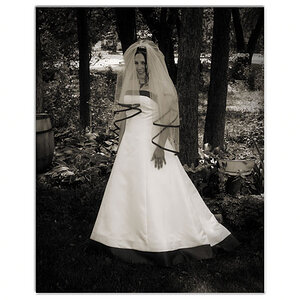Chiller
Mental case
- Joined
- Dec 14, 2003
- Messages
- 9,739
- Reaction score
- 271
- Location
- F@cking Hell
- Can others edit my Photos
- Photos NOT OK to edit
First off, Im in no position to be giving critique to anyone, but I will just add my 2 cents.
I think first off, the person doing the crituque should find the positive points in the photo, then break it down, to what could have been done to improve it.
Hertz hit the nail on the head. Help with the photo, not give an opinion on how you want the photo to look.
dEARlEADER...excellent points you made in your comment.
If I was a better photographer, I would gladly offer any tips, or techy advice I have, but untill that happens, I wont be critiquing. And if I did get better, I probably would not be hanging out here, but doing photography for a living. :lmao::lmao::lmao:
I think first off, the person doing the crituque should find the positive points in the photo, then break it down, to what could have been done to improve it.
Hertz hit the nail on the head. Help with the photo, not give an opinion on how you want the photo to look.
dEARlEADER...excellent points you made in your comment.
If I was a better photographer, I would gladly offer any tips, or techy advice I have, but untill that happens, I wont be critiquing. And if I did get better, I probably would not be hanging out here, but doing photography for a living. :lmao::lmao::lmao:



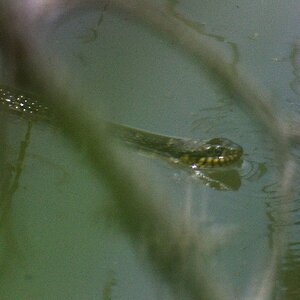
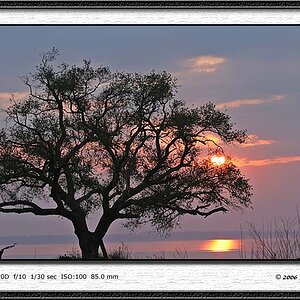


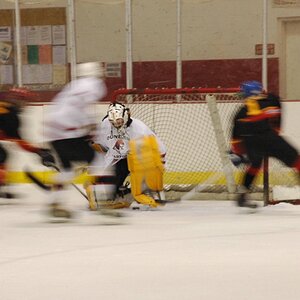
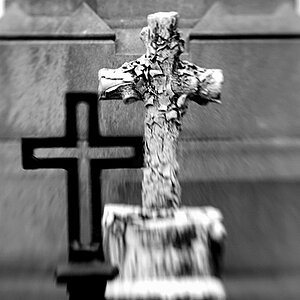
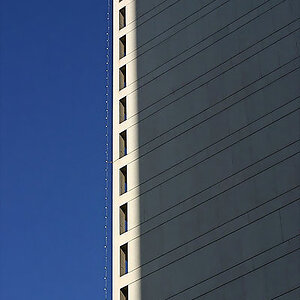

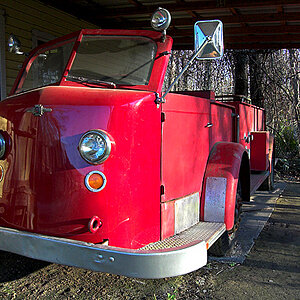
![[No title]](/data/xfmg/thumbnail/42/42020-6dbbc2fb244014aa89adfe2ccf067af7.jpg?1619739979)
